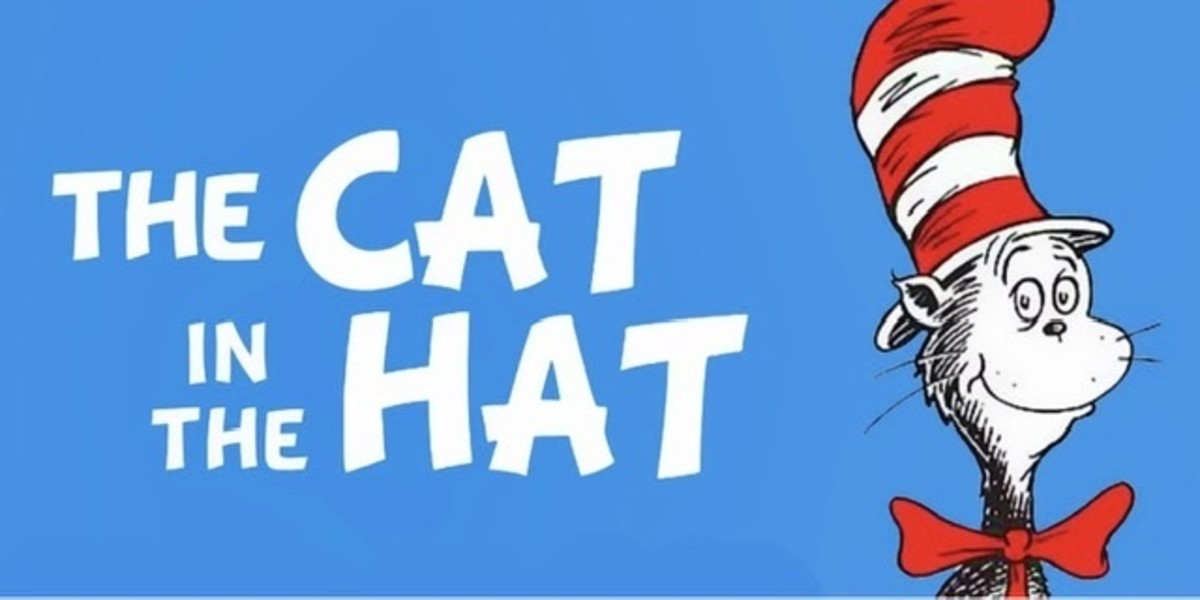Happiness. What Will Really Make You Happy?

"The purpose of our lives is to be happy."
Dalai Lama
You want to be happy, right? Of course, you want to be happy. Everybody wants to be happy. Well, you have to wonder sometimes, when you take a look around. It doesn't always look that way. People do not necessarily do what would seem to make them happy.
Why do people do things that don't make them happy?
Consider parents with young children. Also, the wealthy man, who is nonetheless a workaholic, relentlessly pursuing the next big deal. And the chess player sitting for hours in deep concentration. These people do not appear to be that happy. Yet they continue to do these things.
As for parents with small children, research shows them to be less happy than people without children. But on closer examination this turns about to be that people raising children are less happy than those without children.
It’s easy to see why. While I am largely footloose and fancy free, able to take off on a trip, go shopping, or laze around reading a book, I have a friend with a 2-year-old and a 4-month-old, who is at a run, gasping for breath all day long. And at the end of the day what has she accomplished? X number of diaper changes, feedings, no-nos, tantrums, and potty practices. Asked how her day went, she often says, “It was pretty grueling.”
Do you really want children?

Still, people have children despite the overwhelming amount of research that show that they are generally much less happy than people without children. The child-rearing years can be fraught with drudge work, exhaustion, and limited money and time.
Couples could surely be having a better time spending that money on themselves for new cars, clothes or travel.
So why do it? Why do intelligent, educated, thoughtful people continue to have children? And after having one, they often have another?
Apparently, it pays off long term. After the kids go off to college or out on their own, the level of parental happiness rises. And not just because of relief of seeing them go, the happiness level remains higher.
And what about the wealthy man laboring away? The chess player lost in his game?
Why do you play?

Beyond Positive Thinking
Dr. Martin Seligman, the influential psychologist who founded the “Positive Psychology” movement” has been studying what makes up authentic happiness for quite some time and has had a major impact on psychological research around the world.
At first he focused on how people were feeling in the present moment. He thought that happiness was along the lines of thinking positively, looking on the bright side of things. Further, he reasoned that if people could figure out what would make them happy, they would do that, and then they would be happy.
But he kept noticing that real people didn’t necessarily do what would immediately make them happy.
He saw, for example, that some people played chess or bridge that obviously did not enjoy the game. They didn't smile. They didn't act happy. They didn't seem to be enjoying themselves or the company they were with. All they cared about was winning the game. But it brought no sense of happiness. It was winning alone that mattered. They would even cheat to win.
Something besides feeling happy was creating some kind of satisfaction for the game player, the wealthy workaholic and for the parent.
He now believes that real happiness is more akin to well being or flourishing, which he calls “Perma”, than how a person feels. By studying certain contradictions observed in real people’s behavior, he identified aspects of happiness beyond immediate pleasure
In his book “Flourish” Dr Seligman defines five critical elements of well being, each pursued for its own sake.
The experience may be more important than winning.

The Big 5
1. Positive emotions
2. Engagement (the feeling of being lost in a task)
3. Relationships
4. Meaning
5. Accomplishment.
♥♥♥♥♥♥♥♥♥♥♥♥♥♥♥♥♥♥♥♥♥♥♥♥♥♥♥♥♥♥♥♥♥♥♥♥♥♥♥♥♥♥♥♥♥♥♥♥♥♥♥♥♥♥♥♥♥♥♥♥♥
Won't buy me love...or happiness.

It just might be that the things we think will make us happy, will really only give us a short-term rush of pleasure. Which isn’t a bad thing, but probably really isn’t happiness, as we’re talking about it, which is a longer-term state of mind.
So the wealthy man may pursues moneymaking for the sense of accomplishment in and of itself. And the bridge and chess players pursue their games for the experience of engagement. The young parents may be investing in relationships and a meaning beyond their own two lives.
So, what would make you happier?
What makes you feel engaged? What you feel truly engaged with or committed to can lead to a sense of deep involvement, also called flow, with a sense of accomplishment.
What relationships are important to you? These relationships can lead to an experience of satisfaction and a sense of deeper meaning to your life.
Dr. Seligman found that happiness has to do with meaning, the meaning people find in their sense of the success earned in their lives.
Real happiness has a lot less to do with how cheerful you feel and a lot more to do with a sense of having created value in your life or in others, a sense of accomplishment.
“Well being cannot exist just in your own head, Dr. Seligman writes. “”Well-being is a combination of feeling good as well as actually having meaning, good relationships and accomplishment.”
Have you ever thought, "If only I had more money (or if only I had a better job), THEN I would be happy?"
The most important thing in life ... relationships.

Focus on Relationships and Experiences
Other psychological research on happiness has revealed some important things to remember about happiness. You can control about half your level of happiness. About 50% is determined by genetics and our environment, like a “set point. But that leaves a full 50% that we can control. If you think about it, that is a lot.
Also, maybe you find it hard to believe, but money really doesn’t buy happiness. Win the lottery and you will enjoy a surge of pleasure that can last for many months, but eventually, research shows, winners grow accustomed to their new state and soon return to their standard level of happiness. In the long run, people who have won the lottery appear to be no happier than those who haven’t.
So, the bottom line: there are two things you can control that significantly contribute to happiness:
Invest in experiences and adventures, not things.

1. Relationships may be the leading component, to long-term happiness. A strong, healthy marriage relationship or similar committed relationship is directly correlated to happiness, as are all strong social connections, the more the better.
2. Experience, not stuff, is the other leading component to happiness. People who spend time and money doing things – a vacation to an unfamiliar place or just a day at the zoo or art museum – report higher levels of happiness than those who buy a new car, or a bigger house, or more stuff. The brain is affected by memories especially associated with emotion, whereas material things don’t make a big imprint on our brains.
Focus on these two areas, and you may have solved the riddle to “What will make me happy?”
More Hubs on Happiness
- 7 Steps to Health and Happiness
Let's face it, life is not without challenges so the sooner that one is able to accept this journey of unexpected bumps and detours, the sooner that one can realize a healthier, happier more rewarding... - 10 Morning Routine Ideas for a Healthy and Happy Day
Starting your day off right is important. The following 10 morning activities will ensure that today is a beautiful day, tomorrow is even better, and you appreciate the birds chirping. - Native Americans in the Contiguous US - Directory of...
In elementary school or preschool, children first hear about the American First Thanksgiving with the Pilgrims and the Friendly Indians. The legend is not the complete truth, but an introduction nonetheless to...








